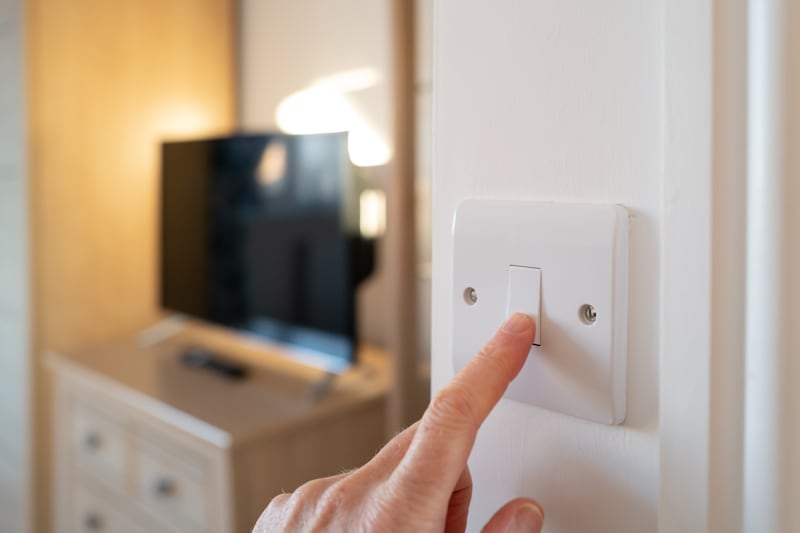ELECTRICITY bills for more than half a million homes will fall by an average of around £50 a year from April.
The 10.3 per cent price cut announced by Power NI, which supplies two out of every three households in the north, follows a 9.2 per cent drop last year.
It means annual bills have shrunk by more than £100 since 2014, falling to their lowest level since the turn of the millennium.
Average bills will be cut by around £1 a week from April, from £524 to £470 a year.
Bigger discounts are available to customers using keypads or making direct debit payments.
Where Northern Ireland once had among the highest energy bills in Europe, Power NI says its new tariffs are seven per cent below the current EU average.
It said it also puts its bills 16 per cent lower than the UK 'big six" and 10 per cent cheaper than its main rivals in Northern Ireland, although most of these have yet to declare their hand on possible reductions.
The double-digit cut has been spurred by lower-priced international wholesale gas, the main fuel used in electricity generation in Northern Ireland.
The reduction will benefit 528,000 Power NI-supplied homes, and it will also shave off around £200 a year for 24,000 business and 6,500 farm customers.
Power NI managing director Stephen McCully said: “This all means more money in the pockets of householders, farms and businesses.
“This is the third year in a row we've been able to reward our customers' loyalty by cutting or freezing prices, and we announced a similar size price cut this time last year."
The energy sector in Britain has been heavily criticised for being slow to pass on falls in wholesale gas prices, with consumer groups hitting out at the size and timing of cuts.
Richard Williams, head of energy at the Consumer Council in Belfast, last night described the Power NI move as "good news" and challenged the other five domestic electricity suppliers in the north to follow suit.
Utility Regulator chief executive Jenny Pyper said she was delighted to welcome Power NI’s cut in tariffs.
"It is one of the biggest decreases to date by any electricity supplier in either the UK or Republic of Ireland and means domestic customers will have seen their bills fall by around 19 per cent over the last year."
The new £470 average domestic bill is the cheapest since 2000, when it was £442.
At the height of the recession in 2008, average bills in the north were £680.








